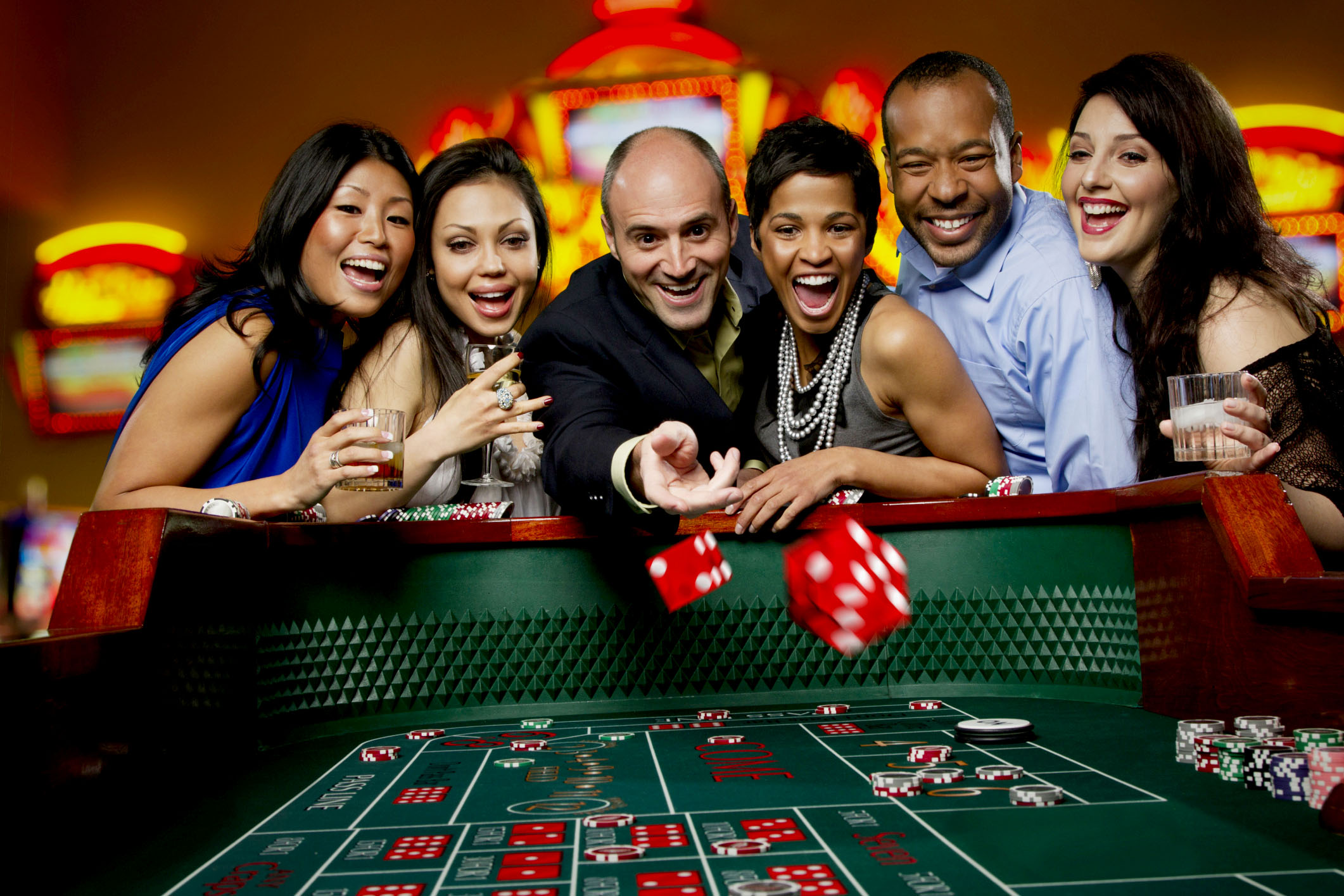In the world of gambling, where chance and strategy meet, a unique tapestry of beliefs unfolds—one that weaves together luck, fate, and the enigmatic nature of casino games. Casinos, bustling with excitement and anticipation, are not just places for placing bets; they are also arenas where superstitions thrive. From the novice player to the seasoned gambler, these mysterious practices often shape how individuals approach the games they play, believing that their actions can influence the outcome in ways that go beyond mere probability.
When players gather around roulette wheels, blackjack tables, and slot machines, the atmosphere is thick with stories of lucky charms, rituals, and codified behavior that defy logic yet provide a sense of comfort. It could be the case that it’s wearing a specific outfit, following a particular sequence of bets, or even avoiding certain numbers, the attachment to various superstitions reflects a deep-rooted desire to manipulate the uncontrollable. This article delves into the captivating world of casino game superstitions, exploring the beliefs that simultaneously entertain and mystify those who dare to play.
Historical Origins of Superstitions
Betting games have long been interwoven with an array of superstitions that trace to primitive civilizations. The roots of these notions can be linked to humanity’s fundamental need to manage the random outcomes connected with luck and uncertainty. In primitive civilizations, activities of uncertainty were often tied to spiritual practices. Gamblers would seek aid or seek favor from deities, believing that their actions could affect the odds in their favor. This basis laid the basis for the variety of superstitions that developed as betting evolved over time.
During the medieval period, betting became a popular pastime across Europe, and with it, a colorful tapestry of superstitions developed. Participants adopted different rituals and charms, believing they could change the results of games. The value of digits, in particular, began to appear in superstitions related to card games and dice. The number 7 was often considered favorable, while other numbers carried negative connotations. These notions mirrored the cultural contexts of the time, changing as they transferred through generations and changed to emerging gaming environments.
As gaming establishments appeared in the seventeenth century, particularly in the Italian peninsula and France, the atmosphere surrounding betting became steeped in mystique. The growing availability of casino activities allowed for the spread and variation of superstitions among players. Concepts like lucky charms, designated seating arrangements, and rituals gained importance, creating a distinct culture within casinos. As these customs continued to thrive, they became fundamental to the identity of casino games, illustrating how the past and culture shape the belief systems that influence how gamblers connect with luck.
Common Casino Superstitions
Superstitions surrounding gambling games are abundant and diverse, mirroring the dreams and fears of gamblers as they participate in random activities. One of the most prevalent beliefs is that certain numbers bring luck or misfortune. For example, the digit seven is often seen as a favorable digit, frequently embraced by gamblers looking for a positive outcome. https://98win.jp.net/ Conversely, the number thirteen is routinely considered cursed, leading many gamblers to steer clear of it during their gaming sessions.

Another frequent belief relates to rituals that players believe can affect their chances. Whether blowing on dice before a throw, using a specific gesture to place a wager, or even putting on specific items of clothing, many people feel that these rituals can tilt luck in their benefit. These practices offer a feeling of control in an otherwise unpredictable environment, strengthening the idea that luck can be manufactured through individual beliefs and habits.
Finally, the environment and vibe of the casino itself contributes to myths. Many gamblers suggest that the presence of specific symbols, such as four-leaved clovers or lucky coins, can enhance their odds of success. Additionally, players might hold to the notion that winning streaks can be halted by mundane events, such as someone passing by or a spill at the table. The collective environment in a casino can amplify these beliefs, creating a shared culture of superstitions that transcends individual experiences.
Impact of Superstitions on Players
Superstitions play a crucial role in the mindset of gamblers, often affecting their behavior and choices. A lot of gamblers believe that luck can be manipulated through different rituals, such as donning a talisman, choosing particular hues, or steering clear of particular digits. This dependence on superstitions can create a sense of authority in an environment that is intrinsically unpredictable. Players often feel more confident and involved when they think that their actions could sway the outcome of a game in their advantage.
The influence of these superstitions extends past individual players, affecting the general atmosphere within the casino. For example, a player who holds the belief in the luck of a certain slot machine might draw a gathering, as others are fascinated by their apparent luck. This shared belief can amplify excitement and create a lively environment, leading to an captivating experience even for those who may not necessarily be believers themselves. The excitement around certain games can lead to higher participation and longer playing sessions, supporting the casino’s vibrant social scene.
In some instances, superstitions can lead to negative effects for players. Depending too much on rituals can result in poor gambling decisions, as some may overlook basic strategies in favor of baseless beliefs. Additionally, the pressure to perform rituals may increase anxiety and tension, diminishing from the pleasure of the experience. Ultimately, while superstitions can enhance the thrill of playing casino games, they can also lead to unwise choices that overshadow the enjoyment and amusement intended in the casino experience.